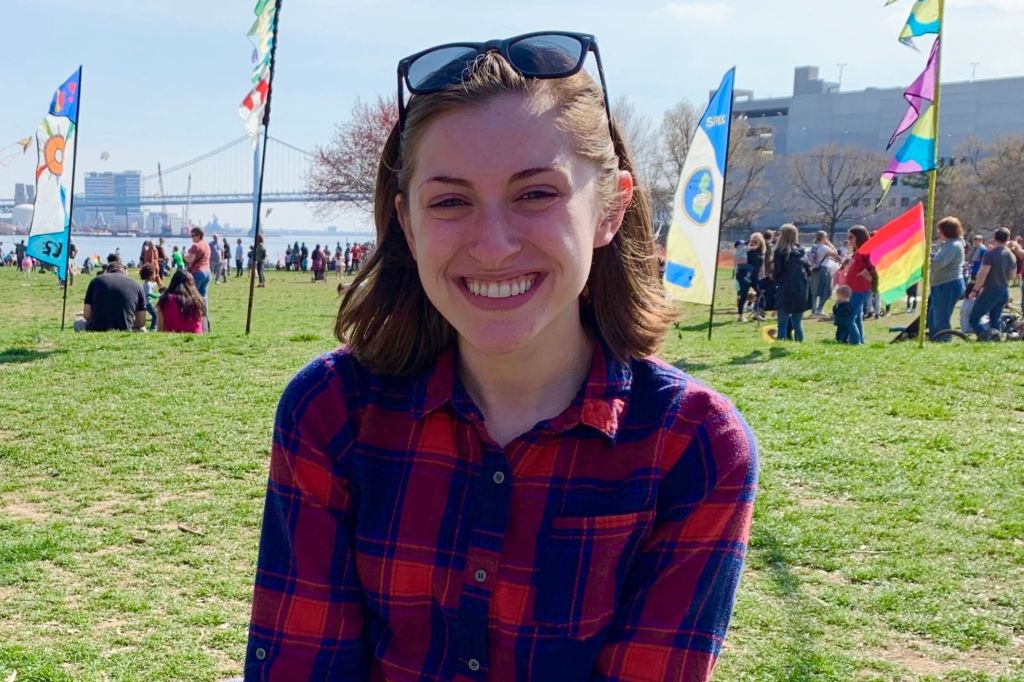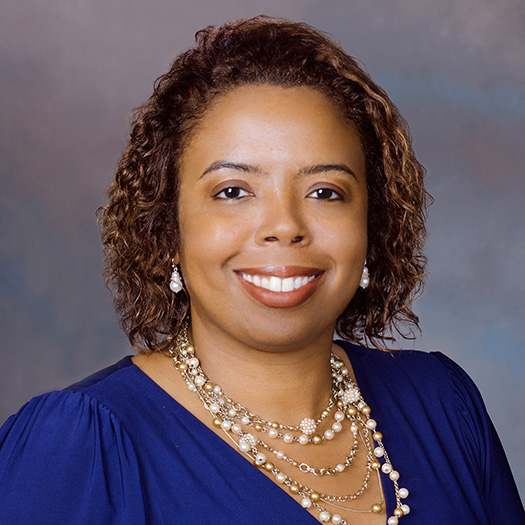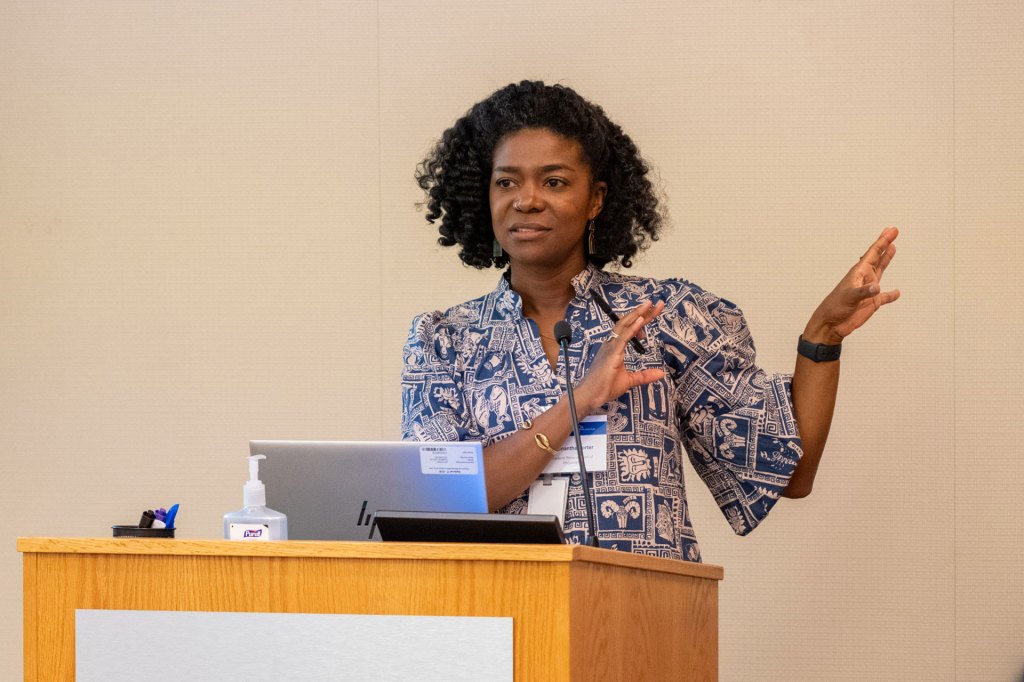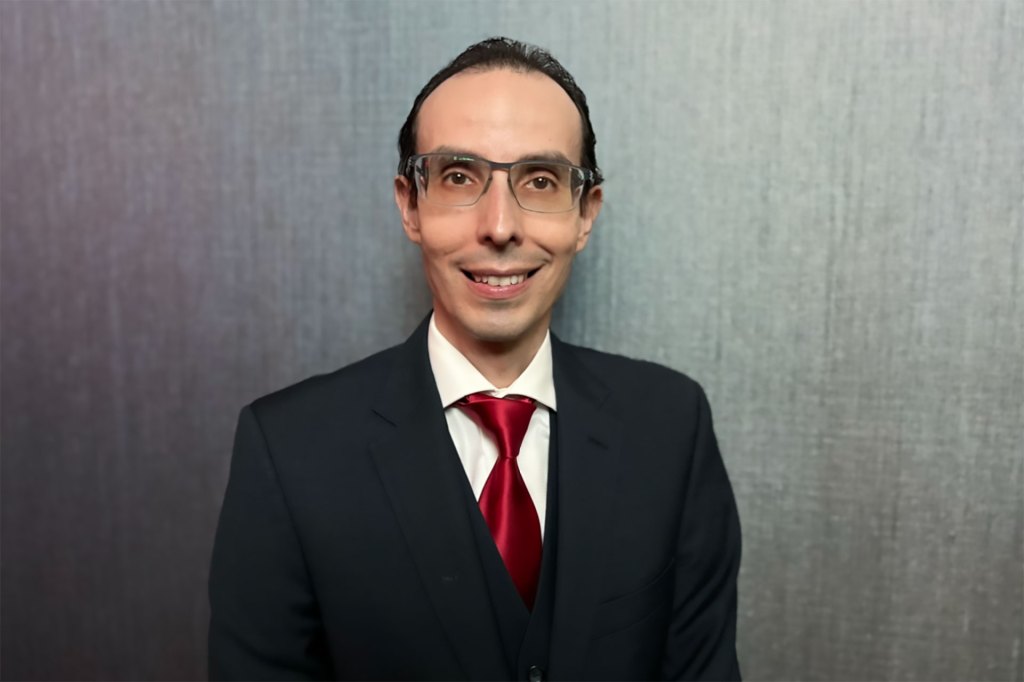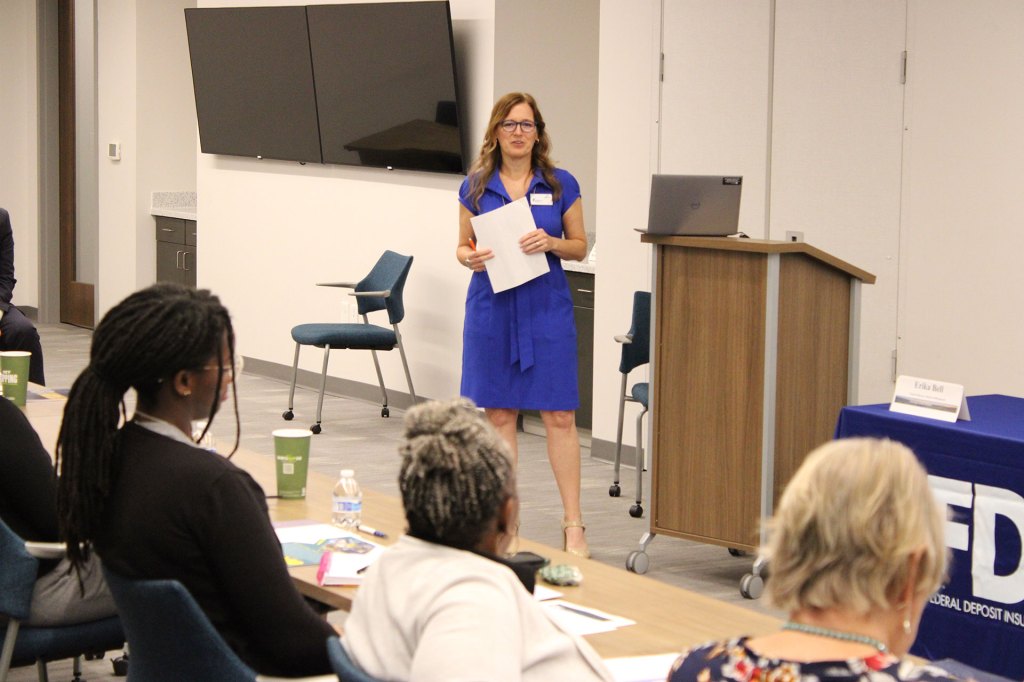Alaina Barca, Community Development Research Analyst, Philadelphia Fed
For the Philadelphia Fed’s Alaina Barca, the choice to become a researcher had an uncommon inspiration. “When I was in college,” she explained, “I participated in a research project that examined if financial aid prospects encouraged parents of college students to divorce (but remain together) to qualify for more financial aid. That project completely blew me away.”
During the project, Alaina learned that, in 2017, the Free Application for Federal Student Aid (FAFSA) program asked about the income of only one parent. She also learned that there were many instances of parents’ being unable to afford their child’s college tuition, yet their incomes were deemed too high to qualify for financial aid. “We heard multiple accounts of families exploring divorce as an option to qualify for more financial aid,” she said. “My biggest takeaways from this project came from seeing how programs can unintentionally eliminate opportunities for people who probably need them the most.”
Though Alaina initially majored in business, the FAFSA project sparked her interest in research. She soon changed her course of study and earned an undergraduate degree in economics from Drexel University. In addition to her college research projects, Alaina credits her internships with fueling her interest in community development topics. “I was part of a team that used data to create visuals for a firm that focused on accounting for nonprofits. I also was a research assistant at an economic consulting firm,” she said. “These were extremely valuable experiences that led me to working at the Fed. I was thrilled to find that my love for data, statistics, and social sciences could be combined in a way that had a social impact.”
“I was thrilled to find that my love for data, statistics, and social sciences could be combined in a way that had a social impact.”
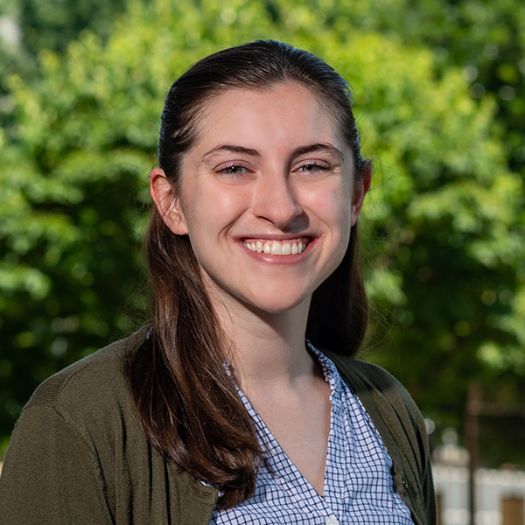
Telling stories through data
Upon joining the Philadelphia Fed, Alaina learned that the Fed engaged in community development work. In her role as a research analyst, Alaina describes her work as “researching economic inequities to make the economy fully and more easily accessible to everyone.” She processes large amounts of data and thinks of ways to best present and communicate it to various stakeholders (practitioners, policymakers, and the community). “This work is much cooler and more fulfilling than I ever imagined,” she said.
Alaina’s work focuses primarily on how policies affect neighborhoods, access to credit, and community growth. She has researched topics such as how experiencing foreclosure as a kid can affect how an adult uses credit, and how more frequent property reassessments can benefit lower-income and minority neighborhoods in Philadelphia. She also produces reports based on data from the Fed’s annual Small Business Credit Survey, in which she’s analyzed small-business conditions in Delaware, New Jersey, and Pennsylvania. Alaina is excited about upcoming research related to small-business recovery and credit in New Jersey. “The results are very compelling, and I think it’s going to tell an important story about who’s doing well and who’s struggling almost two years into the pandemic,” she said.
Informing professional passion through personal experiences
When working, Alaina processes data that tell a story about economic conditions for low- and moderate-income communities. But in her time off, she can be found enjoying the company of her two cats, gardening, reading a good book, and volunteering.
She became an avid volunteer in high school and continues to share her time with organizations throughout Philadelphia. “I think helping people who are on the ground, studying and combating social issues, helps put into perspective who we’re doing this work for and why,” she said.
Alaina says she is thankful for her experiences and the opportunity to partner with colleagues who are passionate about economic equality. “I feel so honored to do the work that I do, with the people that I work with, and on the important topics that we cover. I feel lucky to be doing this work and producing research on topics that affect people.”
For Alaina’s latest research, visit the Philadelphia Fed’s website.






